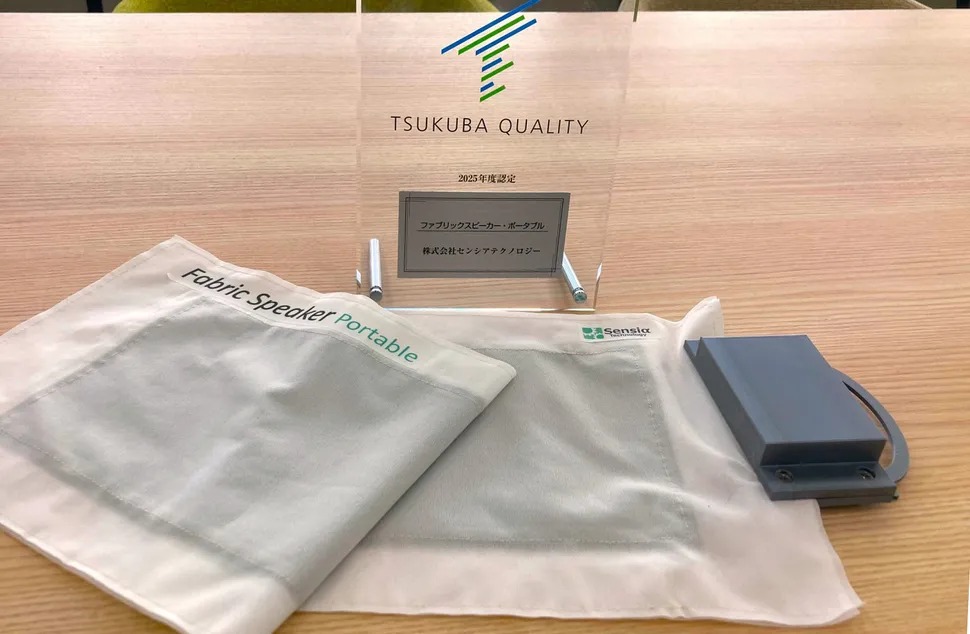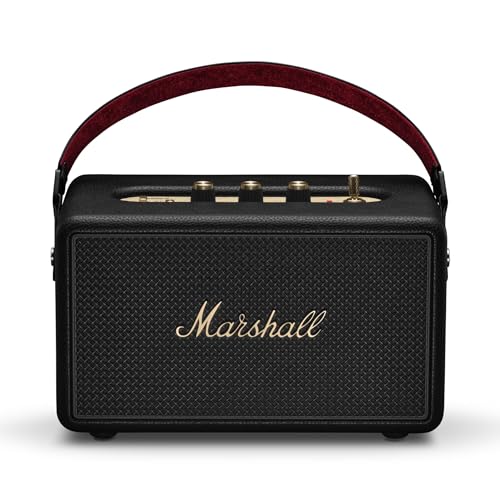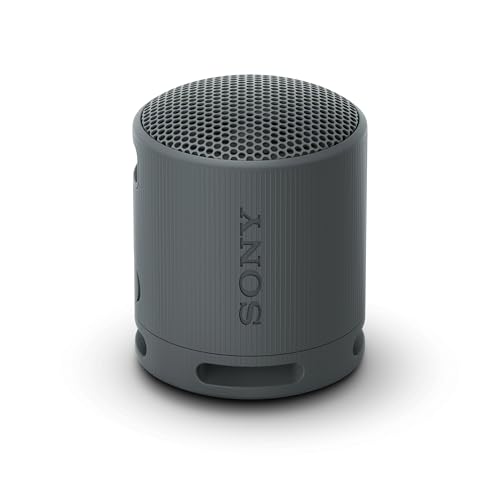Your cancer diagnosis just became someone else’s payday. Major data brokers like Acxiom, Equifax, and Experian are selling lists of diagnosed cancer patients for as little as $0.06 per record, according to CBS News reporting. These companies have turned human suffering into a commodity, exploiting a massive loophole in HIPAA that lets them trade your most sensitive health information without your knowledge or consent.
Think your medical privacy ends at the doctor’s office? Think again. These brokers harvest health data from loyalty card programs, online health forms, and supposedly “de-identified” medical records that are easily re-identified. CVS ExtraCare members, you’re literally paying for the privilege of having your prescription data sold.
Marketing lists with disturbing names like “Suffering Seniors” and “Cancer Sufferers” get sold to anyone willing to pay, turning your Alzheimer’s diagnosis or chemotherapy schedule into targeted advertising gold. The productization is ruthlessly efficient—hundreds of health conditions segmented and marketed through online portals and B2B brochures.
The buyer list reads like a predator’s paradise:
- Pharmaceutical companies use these lists for aggressive drug marketing campaigns
- Insurance firms risk-score individuals for coverage decisions
- Law firms hunt for class-action prospects
- Scammers specifically target cancer patients and seniors with fraudulent schemes, often resulting in substantial financial harm to people already facing medical bills and treatment stress
Federal law gives you zero rights to view, correct, or opt out of this health surveillance economy. HIPAA protects your data at the hospital but vanishes the moment it enters the broker ecosystem. Senate hearings have exposed the scale of this practice, yet meaningful consumer protections remain nonexistent—a familiar pattern for an industry that treats privacy as optional.
Your health data sits in corporate databases right now, vulnerable to breaches like the recent Yale New Haven incident that exposed 5.5 million medical records. Every pharmacy loyalty scan and online symptom search feeds this machine. The next targeted health scam in your inbox might know exactly which medications you take and which fears keep you awake at night.





























